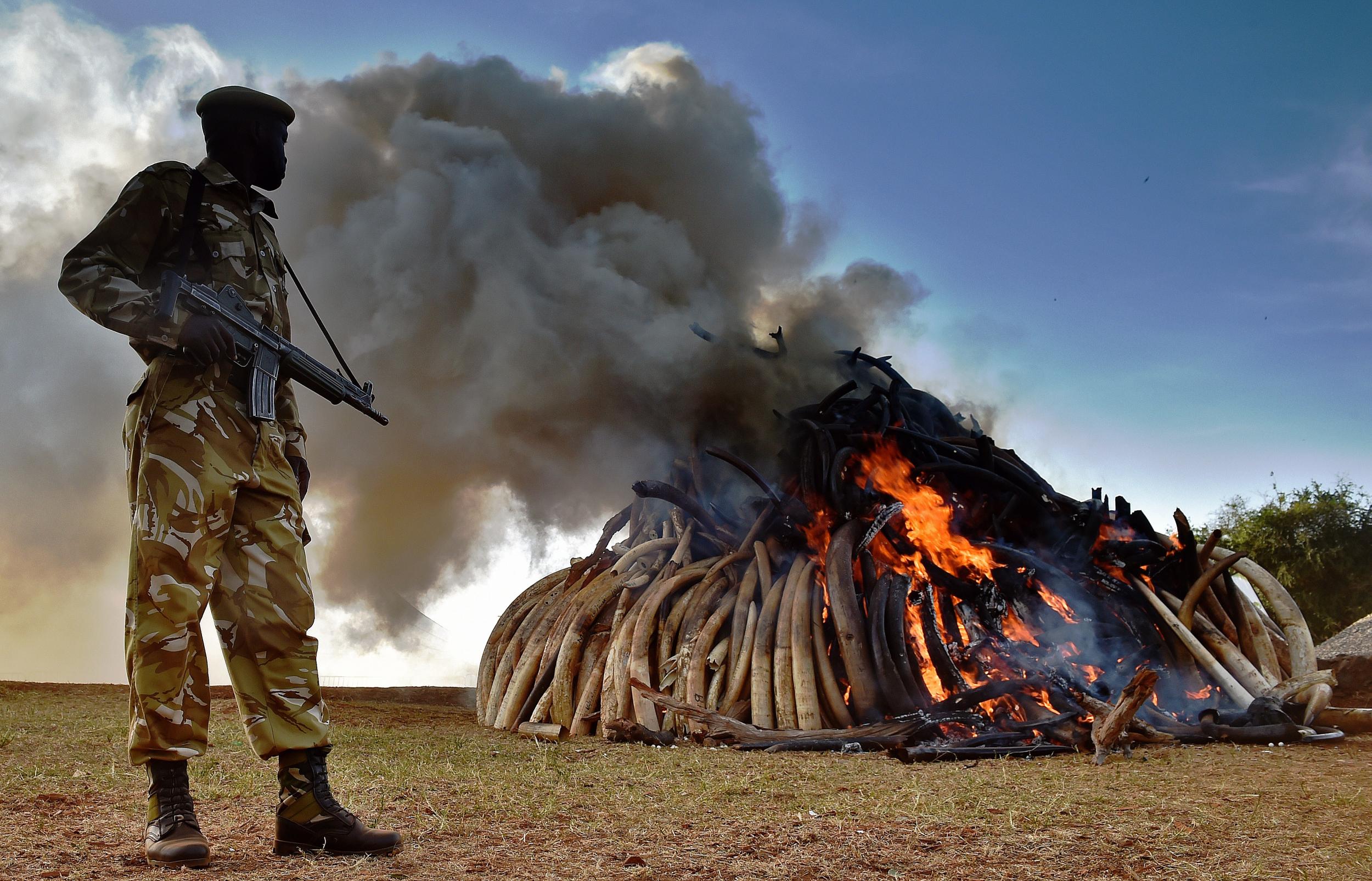Government bans trade of ivory in Angola

Your support helps us to tell the story
From reproductive rights to climate change to Big Tech, The Independent is on the ground when the story is developing. Whether it's investigating the financials of Elon Musk's pro-Trump PAC or producing our latest documentary, 'The A Word', which shines a light on the American women fighting for reproductive rights, we know how important it is to parse out the facts from the messaging.
At such a critical moment in US history, we need reporters on the ground. Your donation allows us to keep sending journalists to speak to both sides of the story.
The Independent is trusted by Americans across the entire political spectrum. And unlike many other quality news outlets, we choose not to lock Americans out of our reporting and analysis with paywalls. We believe quality journalism should be available to everyone, paid for by those who can afford it.
Your support makes all the difference.The Commission Against Environmental Crimes presented a decree banning the sale of ivory and its derivatives last Friday in Luanda.
The draft law on environmental crimes and infringements was presented at the third meeting of the Commission, which was chaired by the minister of Environment, Fátima Jardim.
Jardim stated that the trade of ivory artifacts would cease to exist in the country as a means of curbing poaching.
Other measures included the deployment of a wildlife crime unit at Angola’s International Airport in Luanda.
This move comes after Angola was told earlier this year by the Convention on the Trade in Endangered Species of Wild Fauna and Flora (CITES) to improve their efforts to tackle poaching.
A national ivory action plan (NIAP) was received from Angola in 2015 and the country has been asked to publish a progress report on NIAP implementation ahead of the Conference of the Parties, taking place in South Africa in September this year.
Over recent years, Angola has shown a commitment to conserving its biodiversity-rich wildlife and rebuild its elephant population. This year the country will be hosting the 2016 World Environment Day (WED) on June 5th.
WED – the single biggest day for positive action on the environment worldwide – will be themed around the fight against the illegal wildlife trade. This is an issue of particular importance in Angola, where poaching is threatening efforts to rebuild an elephant population decimated by decades-long civil war.
Very little is known about the size of Angola’s remaining elephant population, which historically lived in the southeast of the country, also crossing the borders to neighbouring countries.
In July 2015, The Great Elephant Census, Elephants Without Borders and the Ministry of Environment of the Republic of Angola announced the first-ever aerial survey of Angola’s known elephant ranges in an attempt to build a clearer picture of elephant populations.
Last year, Angola also committed to revising its Penal Code to bring in tougher punishments for poachers, part of its efforts to reverse the damage to its wildlife populations.
Join our commenting forum
Join thought-provoking conversations, follow other Independent readers and see their replies
Comments